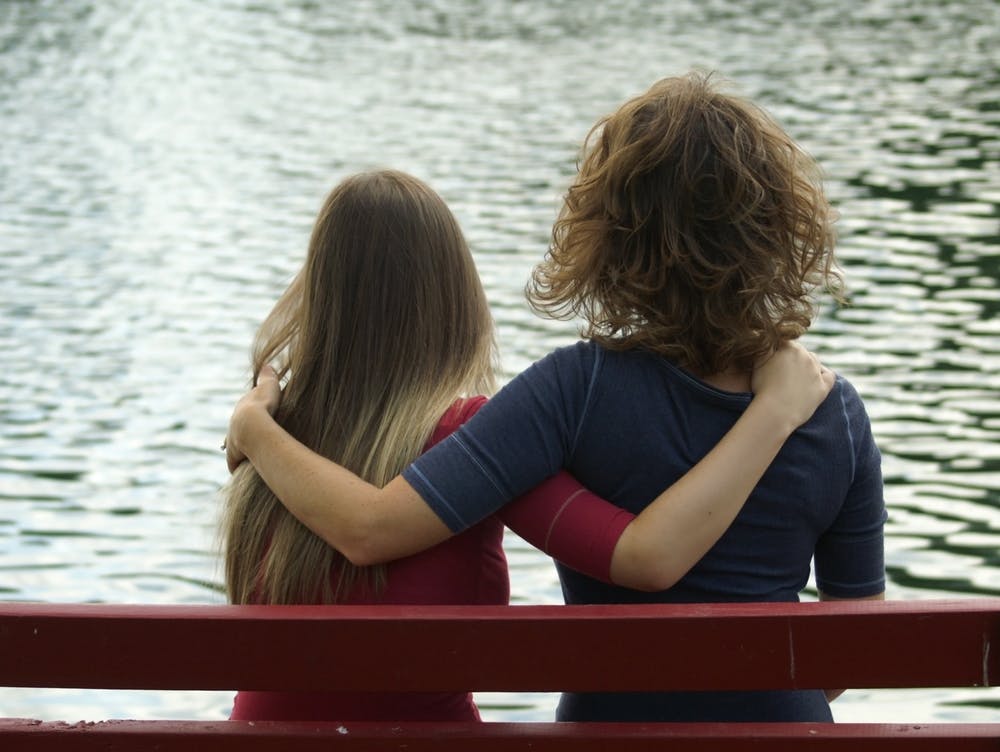How to talk with my children about death and dying when my partner has cancer

Having a conversation with your child about death probably wasn’t top of your to do list this week. But when cancer comes into your family it’s important that they know it’s okay to ask about death and dying and that you’ll be honest with them.
Talking about death and dying
Like every other cancer conversation you have with your child, the most important thing is to be open and honest.
The way children understand death generally depends on their age and level of understanding. It’s helpful to have an idea of how your child might react before you talk to them. Cancer Council’s booklet Talking to kids about cancer has a guide to how children perceive death at different ages that might help you.
Use straightforward language. This includes saying the words ‘dying‘ or ‘died‘ when you tell young children about death – not talking about someone ‘going away’ or ‘going to sleep forever’ which can confuse and upset them more.
Younger children with limited understanding about cancer may think it’s a death sentence, so it’s good to explain that many cancers are successfully treated. For example, you might say:
“Some people do die from the type of cancer Dad/Mum has, but they are going to do everything the doctor suggests to get better.”
“We don’t expect Mum/Dad to die, but they will probably be sick for a while.”
Your child also needs to know that it’s okay to talk about death and dying and ask you anything.
Preparing your child for loss
If your partner’s cancer is advanced or has a poor prognosis, it’s important to be honest and straightforward with your child. That’s not easy, and it’s usual to need a lot of support from family and close friends. Professionals such as social workers, palliative care nurses, doctors, counsellors and psychologists can also help you.
It can be helpful to rehearse the words you plan to use with another adult, or seek advice from other parents who have had to have this conversation with their kids. Search or post a question in our online parent community.
There’s more advice about how to talk to children and teenagers when someone is dying and help them cope in End of life discussion.
More advice/support
> Cancer Council’s booklet Talking to Kids About Cancer includes advice on talking to children/young people of different ages about death and dying.
> Talk to a CanTeen counsellor, who can give you advice on how to talk about death and dying with young people.
> Join our online parent community to find out how other parents handled this conversation.
Useful sites/resources
> CanTeen’s booklet for young people about When your parent’s cancer can’t be cured:
https://www.canteen.org.au/resource/when-your-parents-cancer-cant-be-cured/
